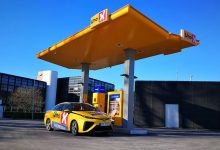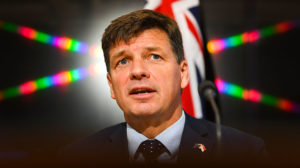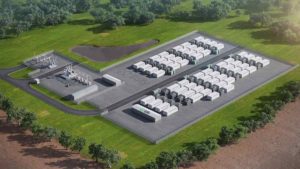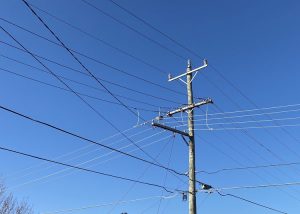A hydrogen refuelling station has exploded in a town just outside of Olso in Norway, with the cause unknown but the source apparently being the storage facilities, rather than the re-fuelling equipment itself.
There was significant damage from the incident, according to local media reports, but only minor injuries to two people nearby, who were not using the hydrogen re-fuelling station at the time.
Both Toyota and Hyundai have reportedly halted sales of their hydrogen fuel-cell vehicles in the country as a precautionary measure.
Reports that this Hydrogen station exploded in Oslo, Norway. Cars passing by on the E18 road had their airbags deploy as they drove past just as it blew. pic.twitter.com/5untfEMxQe
— Paul (@shortword) June 10, 2019
Nel Hydrogen, the company operating the refuelling station, said in a statement that while the incident at the Kjørbo hydrogen station has been contained, the cause of the explosion is unknown.
The Kjørbo station was opened less than two years ago under the branding of Uno-X. An area of 500 metres around the station was temporarily evacuated as a precaution, with the company apologising for the injuries and subsequent disruption to traffic.
After the incident, Uno-X closed its three stations where hydrogen re-fuelling was being offered, with the systems being drained of their hydrogen, before re-opening for petrol and gas re-fuelling. The hydrogen stations will remain closed until further notice.
“We are grateful for the swift work of emergency responders and that no major injuries have been reported.” Nel CEO Jon André Løkke said.
“It is too early to speculate in the cause of the incident. Safety remains the core of our operations and we’re providing all relevant technical assistance in the ongoing investigation.”
“In addition to immediately mobilizing our personnel to the scene, we have also brought in our experts from Denmark overnight. We will continue to work closely with all relevant parties to determine the root cause,”
Hydrogen has the potential to provide a zero-emissions source of fuelling, if using renewable energy, and would match the centralised refuelling facilities of petrol fuel vehicles. However, the energy needs to make the hydrogen are significant, so their emissions profile depends on a very high share of renewables.
However, adoption of hydrogen vehicles has faced challenges due to the currently high costs of producing hydrogen, and the safety concerns raised around the need maintain hydrogen under pressurised conditions. Battery-electric vehicles have also made significant progress in addressing the re-fuelling gap, with the deployment of ultra-rapid charging systems.
The incident has occurred just as Toyota, who has led the development of hydrogen passenger vehicles, has announced that it will form a partnership with Subaru to produce its first pure-electric vehicle. Previously it had focused on hydrogen fuel cell vehicles and hybrids such as the Prius, Corolla and Camry models.







